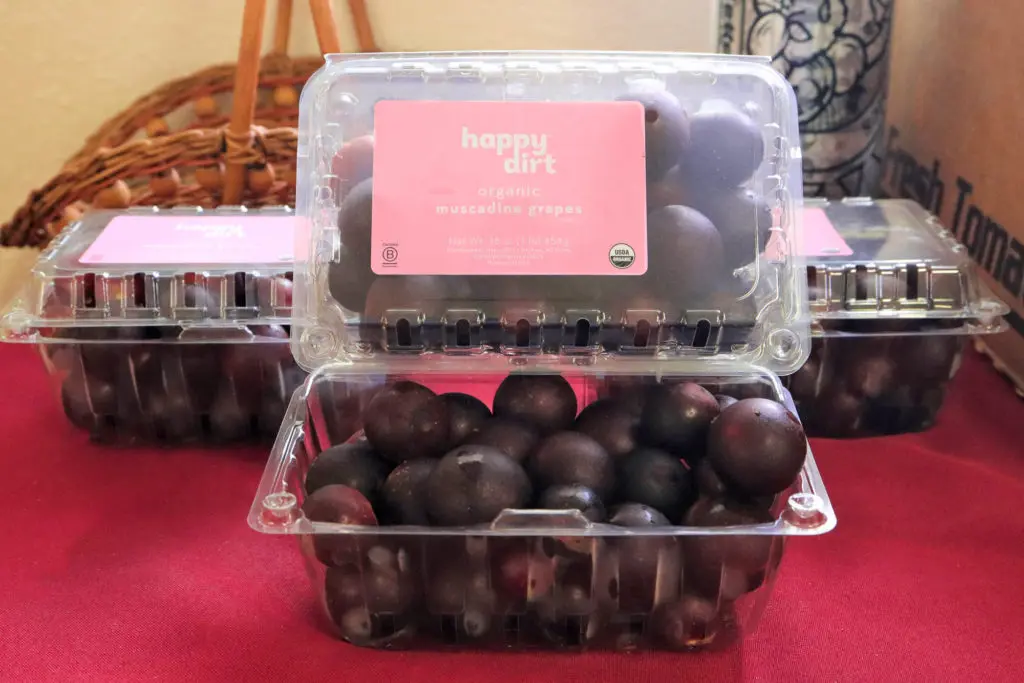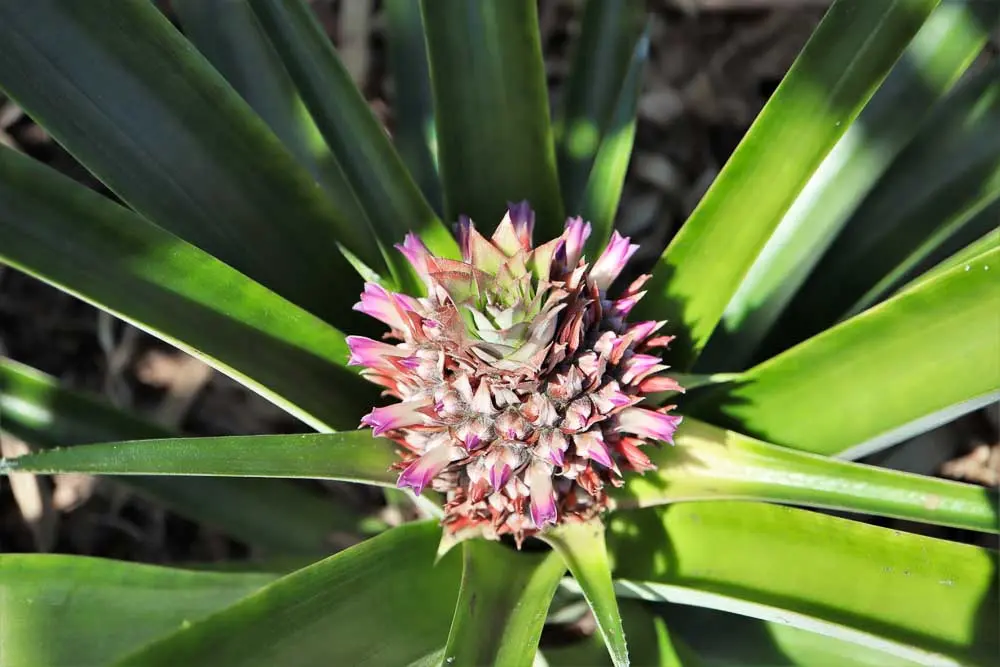By Amanda Rose Newton
Ah, fruitcake! The much-debated holiday dessert that sparks equal parts nostalgia and curiosity.

Whether you love it or leave it, fruitcake is a confection with a rich history and a global reputation. Let’s dive into the origins of this festive treat, explore its key ingredients, and discover how many of these fruits can be grown right here in sunny Florida.
A Brief History of Fruitcake
Fruitcake’s origins date back to Roman times when it was known as satura, a mixture of barley, nuts, seeds, dried fruits, and honey. The concept of preserving fruits in sugar and incorporating them into cakes became popular in medieval Europe. These sugar-preserved fruits, combined with spices and spirits, resulted in the rich and dense cake we recognize today.
By the 16th century, fruitcake had gained prominence as a luxurious treat, reserved for special occasions like weddings and holidays due to the high cost of sugar and imported spices. In the Victorian era, it became a staple at Christmas celebrations, symbolizing abundance and festivity.
What Fruits Are Traditionally Found in Fruitcake?
Traditional fruitcakes are packed with a variety of preserved and candied fruits, which provide their signature sweetness and texture. Here’s a breakdown of common fruitcake ingredients and their compatibility with Florida’s climate:
Common Fruits in Fruitcake
Raisins (Dried Grapes) – Yes, Florida-grown muscadine grapes can be dried to create raisins, offering a unique, local flavor.

Currants – Currants are challenging to grow in Florida due to the heat, but dried muscadine or similar small, tart grapes can work as replacements.
Cherries (Candied or Dried) – Sweet cherries don’t thrive in Florida’s climate, but Florida-friendly Barbados cherries (acerola) can be candied or dried as substitutes.

Citrus Peel (Orange, Lemon) – Florida is famous for its citrus, making this an easy and flavorful addition. Use fresh zest or candied peel from Florida oranges or lemons.
Pineapple (Candied or Dried) – While pineapples are not native to Florida, they can be grown here with the right care, making for another local addition.

Figs – Figs grow well here in Florida and Rockledge Gardens carries a number of varieties with their own distinct taste. Dried Florida figs provide a rich, sweet addition to your fruitcake.
Apricots – These stone fruits don’t grow well in Florida’s climate. Try using papaya as a Florida-friendly substitute for a similar sweet and tangy flavor.
Dates – Dates thrive in arid climates and are not widely cultivated in Florida. For a similar texture and sweetness, consider using sapodilla, which grows well in Florida. Treat this as an excuse to get to know some of the lesser-celebrated tropical fruits we can grow in our region.
Spices and Spirits
Fruitcake isn’t just about the fruit. Its signature warmth comes from spices like cinnamon, nutmeg, and cloves—many of which were once prized imports. For the liquid element, fruitcakes are often soaked in rum or brandy to enhance flavor and preservation. Florida is home to many rum distilleries, making locally produced rum an excellent choice for your fruitcake.
Making a Florida-Friendly Fruitcake
For a Florida-inspired twist on the traditional recipe, use fruits that are readily grown in the state. Here’s a suggested substitution list to help you craft a Sunshine State-approved fruitcake:
Traditional Ingredient
- Currants
- Sweet Cherries
- Apricots
- Dates
- Orange Peel
- Pineapple Fresh
Florida-Friendly Replacement
- Muscadine Grapes
- Barbados Cherries (Candied)
- Candied Papaya
- Sapodilla
- Florida Orange Zest
- Dried Florida Pineapple
Why Is Fruitcake a Holiday Staple?
Fruitcake’s durability and rich flavor made it ideal for holiday celebrations, especially in times before refrigeration. The preserved fruits and high sugar content acted as natural preservatives, allowing families to enjoy the cake throughout the festive season. Its association with abundance and indulgence also made it a fitting centerpiece for Christmas feasts.
Tips for Baking Your Own Florida-Inspired Fruitcake
Choose Fresh, Local Ingredients: Incorporate fruits like citrus, figs, and papaya to add a Florida twist to the recipe.
Make Your Own Candied Fruits: Use local fruits to make homemade candied versions, ensuring freshness and unique flavors.
Soak in Local Spirits: Opt for a Florida-made rum to infuse your fruitcake with regional character.
Give It Time: Fruitcakes improve with age. Wrap your baked cake in cheesecloth soaked in rum or juice, and let it sit for at least a week to develop its flavors.
A Taste of Tradition with a Florida Flair
Fruitcake may have a polarizing reputation, but its history, symbolism, and adaptability make it a worthy holiday dessert. By incorporating Florida-grown fruits, you can create a version that celebrates both tradition and the unique agricultural bounty of the Sunshine State.
So, this holiday season, consider baking a Florida-friendly fruitcake and enjoy a taste of history with a local twist. It’s a delicious way to honor the past while embracing the flavors of home.


